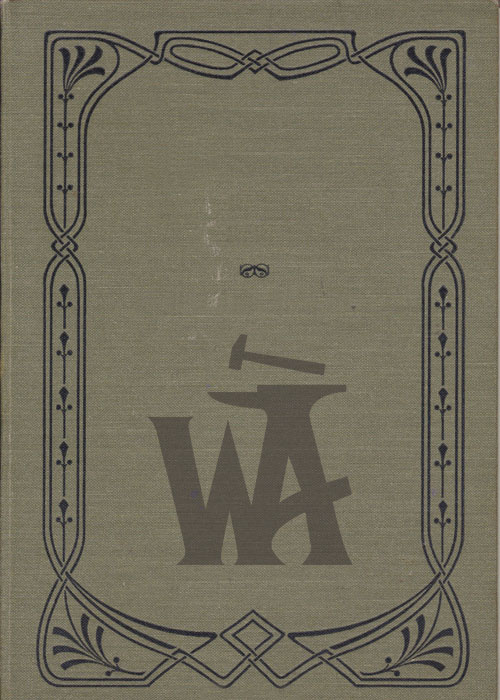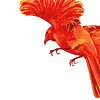Parapsychology in the People's Republic of China: 1979 - 1989
Parapsychology in the People's Republic of China: 1979 - 1989
The senior author, a graduate student of physics in the U.S.A., provides from his personal involvement an informal history of the parapsychology movement in the People's Republic of China (P.R.C.) over the last decade. From 1979 to 1982, research into ESP (and PK) among children swept through China. This study, under the name "exceptional functions of the human body" (EFHB), gave rise to a sizeable literature and to commitments, pro and con, among scientists. Two protagonists emerged to carry the battle to the highest political forum. The opponent of EFHB was an eminent social scientist and vice-chairman of the Chinese Academy of Science. The proponent was a physicist regarded internationally as the father of Chinese rocketry. After public debate, ending in a collaborative test of the country's best-known psychics, the Communist Party ruled that both sides must cease public discussion but that unsupported research could proceed quietly. From 1983 to 1986, interest shifted to gifted adult psychics. Research was conducted partly at major universities but primarily under defense-related auspices in Beijing, where gross PK effects were reported. Meanwhile, privately circulated publications fanned civilian research interest in parapsychology under the ancient rubrics of "qigong" and "Traditional Chinese Medicine." In 1987 a set of seminal PK experiments was reported in the Chinese Journal of Biophysics from Quinghua University. From 1987 to 1989 interest in qigong grew until there were perhaps 20 million participants, including top leaders of the Communist Party. Restraints on research were quietly lifted. Official approval was granted to a "China Society of Somatic Science" for the study of ENIB. The space scientist mentioned earlier was made responsible for coordinating all of Chinese science. The favoring of parapsychology has apparently persisted despite the events of June, 1989. Meanwhile. a divergence of the popular qigong movement and scientific EFHB research has begun. The greater prevalence and strength of psi effects reported from the P.R.C .• as compared to laboratory experience in the West, raises a question as to the role of the West's Cartesian cultural heritage in determining empirical reality.







